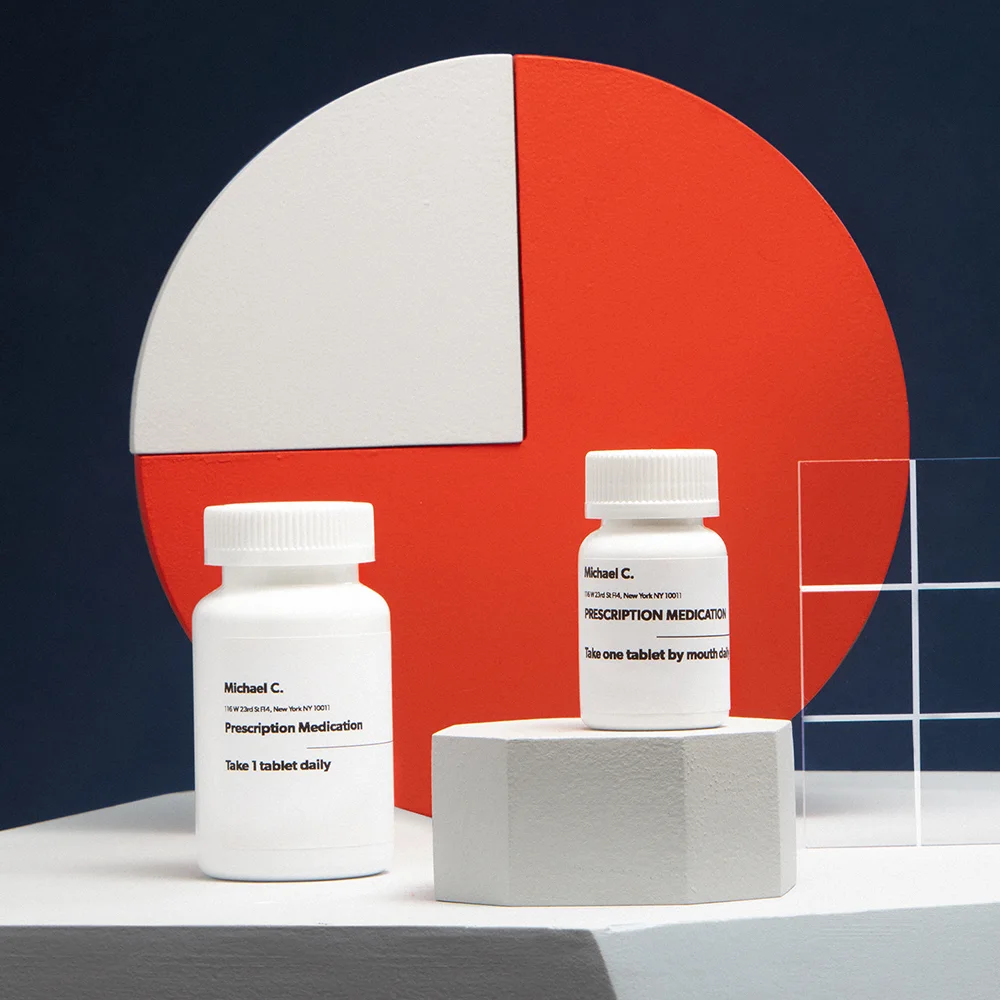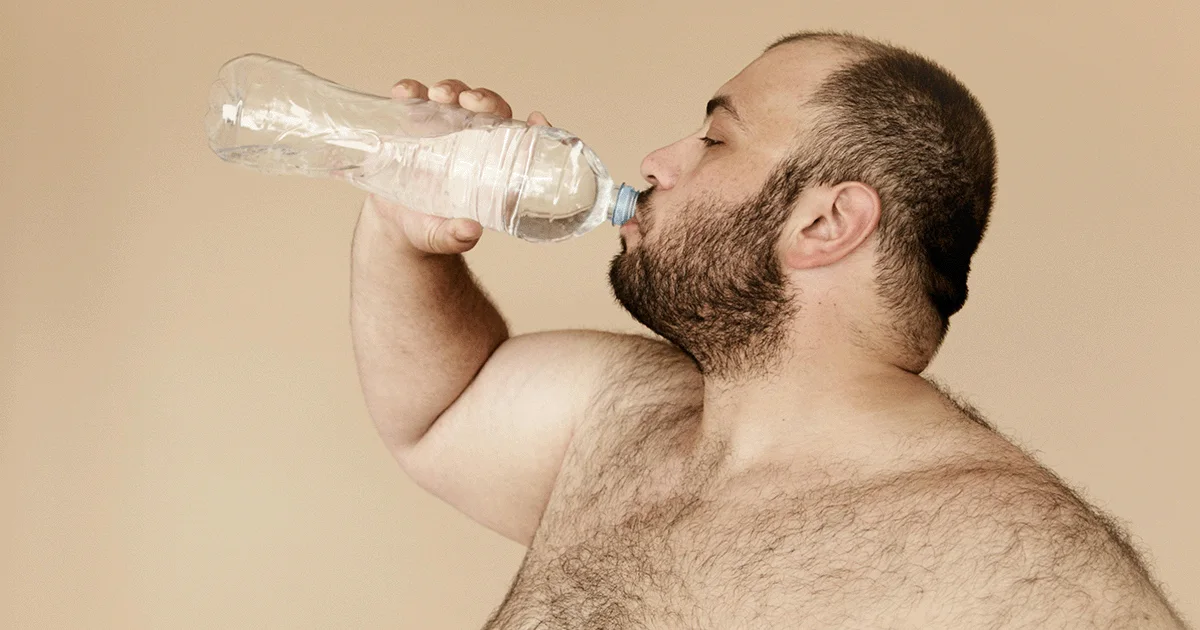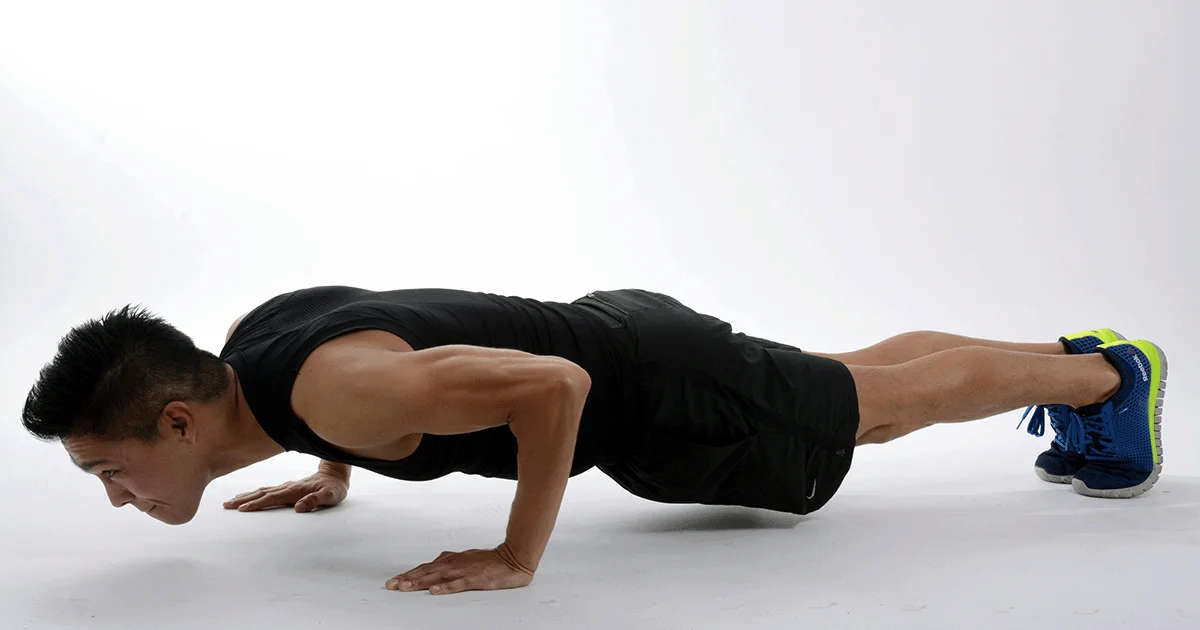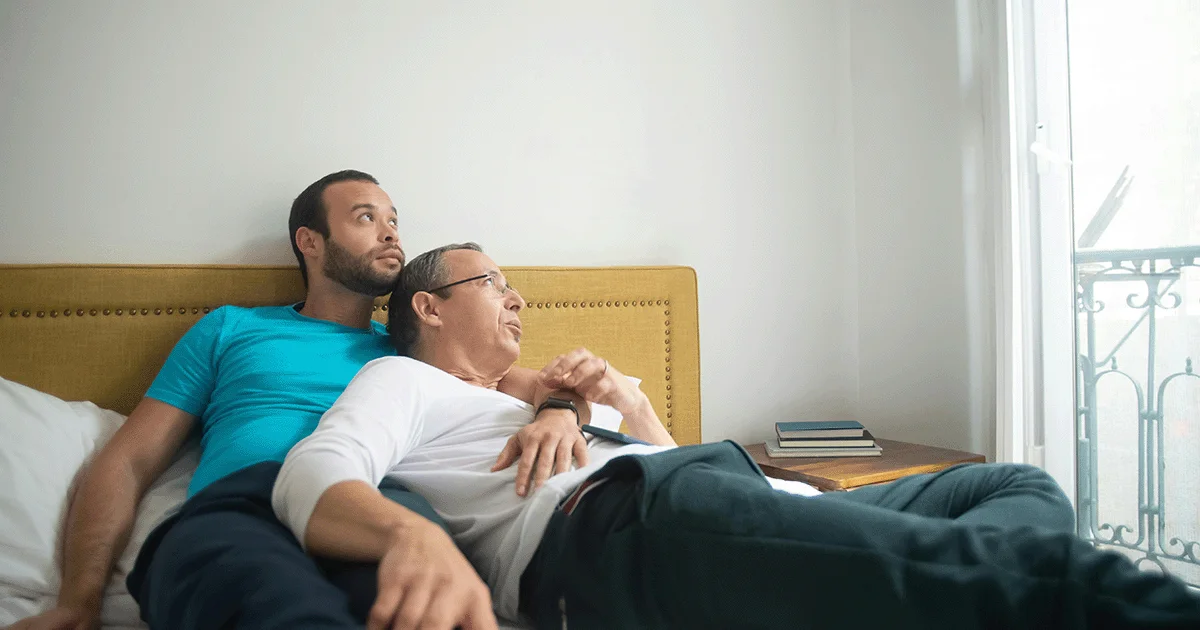Here's what we'll cover
Here's what we'll cover
Here's what we'll cover
You have a cold sore, and understandably, you want it gone fast. On average, cold sores last 1–2 weeks if you include the tingling or burning sensation that happens before an outbreak occurs.
If you’re looking to cut that period of time short, you might wonder if products like cold sore lip balms will do the trick.
Types of cold sore lip balms
There are two types of topical cold sore treatments you can get without a prescription:
Analgesic balms: These have pain-relieving ingredients that temporarily relieve uncomfortable symptoms like itching and discomfort. A common ingredient in these lip balms is menthol, which imparts a cooling effect that can ease irritation and desensitize pain receptors (Pergolizzi, 2018).
Topical docosanol: This antiviral treatment may help speed up healing time by addressing the virus that caused the outbreak. Docosanol (brand name Abreva) is absorbed into the skin and combats the core of the cold sore by preventing it from spreading to healthy skin cells nearby (Treister, 2010).
How effective is cold sore lip balm?
Cold sore lip balms with ingredients that ease symptoms don’t actually treat the root cause of sores or speed up healing. They can, however, make you more comfortable as sores heal on their own and can be used liberally throughout the day.
Ointments that have docosanol––the only antiviral ingredient approved by the US Food and Drug Administration (FDA) for OTC use on cold sores––can help cut down pain and speed up healing, but the effects aren’t dramatic by any means.
Since cold sores can last 1–2 weeks (including the tingling sensation before an outbreak), some researchers question the value of these treatments. Studies have found products with 10% docosanol can decrease healing time by about 18 hours (Sacks, 2001).
You can use balms with docosanol throughout the day to address symptoms like itching, tingling, and pain. They’re safe to use multiple times a day and have few adverse effects (Hammer, 2018).
Other products claim to help with fever blisters. One example is cold sore creams that have lysine in their formula. Although some of these products claim to prevent cold sores, a review on cold sore treatments didn’t find any evidence to support that (Chi, 2015).
If you’re interested in pricing information, regular lip balms probably won’t speed healing, but you can get a three-pack for under $4. Docosanol treatments cost around $18 for a small tube that lasts one cold sore episode.
What to look for in a cold sore lip balm
The only antiviral ingredient approved for OTC use on cold sores is docosanol. That needs to be listed as the active ingredient if an effective OTC antiviral cold sore cream is what you’re looking for.
You have a wider range of options if you’re in the market for a balm that brings temporary pain relief. You can look for a cold sore lip balm with ingredients that ease symptoms or protect the area from further irritation––ideally, both. To help with pain or irritation, look for:
Camphor
Lemon balm
Menthol
Phenol
Preventing further irritation may also keep your symptoms to a minimum and help your cold sore heal as it should. Preventing chapped lips and keeping the skin around your mouth hydrated, for example, can prevent cracking and help with healing.
Moisturizing or protective ingredients commonly found in lip balms that can help with this include:
Dimethicone
Petroleum
Sunscreen or protective lip balm (ideally SPF 30 or above)
Zinc oxide
Other cold sore treatments
Cold sores heal on their own, but you can also talk to your healthcare provider about using a prescription antiviral medication, which can help speed healing time and suppress future outbreaks. These medicines include:
Acyclovir (brand name Zovirax)
Penciclovir (brand name Denavir)
Valacyclovir (brand name Valtrex)
Acyclovir and valacyclovir are commonly prescribed for cold sores and can be taken orally. Acyclovir is also available in topical formulations and penciclovir is a topical cold sore cream.
The most effective cold sore treatment may be valacyclovir because your body absorbs it better than acyclovir. This treatment also may reduce the risk of spreading cold sores to your partner (Gurgel Assis, 2021; Hollier, 2015).
These medications are sometimes prescribed off-label in a continuous manner to keep cold sore outbreaks from happening but are FDA-approved to be taken when you notice the first sign of a cold sore coming. If you have recurrent cold sores that are causing you discomfort, talk to your healthcare provider about your treatment options.
Overall, cold sore outbreaks heal on their own and some lip balms easily found at drug stores can help ease painful symptoms. Unfortunately, the only answer to how to get rid of a cold sore in 24 hours is to prevent one of these blisters from happening in the first place.
Valacyclovir Important Safety Information: Read more about serious warnings and safety info.
DISCLAIMER
If you have any medical questions or concerns, please talk to your healthcare provider. The articles on Health Guide are underpinned by peer-reviewed research and information drawn from medical societies and governmental agencies. However, they are not a substitute for professional medical advice, diagnosis, or treatment.
References
Chi, C. C., Wang, S. H., Delamere, F. M., et al. (2015). Interventions for prevention of herpes simplex labialis (Cold sores on the lips). Cochrane Database of Systematic Reviews . doi:10.1002/14651858.cd010095.pub2. Retrieved from https://www.cochranelibrary.com/cdsr/doi/10.1002/14651858.CD010095.pub2/full
Golestannejad, Z., Khozeimeh, F., Mehrasa, M., et al. (2021). A novel drug delivery system using acyclovir nanofiber patch for topical treatment of recurrent herpes labialis: A randomized clinical trial. Clinical and Experimental Dental Research , 8 (1), 184–190. doi:10.1002/cre2.512. Retrieved from https://onlinelibrary.wiley.com/doi/full/10.1002/cre2.512
Gurgel Assis, M. S., Fernandes Pedrosa, T. C., de Moraes, F. S., et al. (2021). Novel insights to enhance therapeutics with acyclovir in the management of Herpes Simplex Encephalitis. Journal of Pharmaceutical Sciences , 110 (4), 1557–1571. doi:10.1016/j.xphs.2021.01.003. Retrieved from https://www.sciencedirect.com/science/article/abs/pii/S0022354921000083
Hammer, K., Dietz, J., Lo, T. S., et al. (2018). A Systematic Review on the Efficacy of Topical Acyclovir, Penciclovir, and Docosanol for the Treatment of Herpes Simplex Labialis. European Medical Journal Dermatology, 6 (1), 118-123. Retrieved from https://emj.emg-health.com/wp-content/uploads/sites/2/2018/10/A-Systematic-Review-on-the-Efficacy-of-Topical-Acyclovir-Penciclovir-and-Docosanol-for-the-Treatment-of-Herpes....pdf
Hollier, L. M. & Eppes, C. (2015). Genital herpes: oral antiviral treatments. BMJ Clinical Evidence . Retrieved from https://www.ncbi.nlm.nih.gov/pmc/articles/PMC4389798/
McCarthy, J. P., Browning, W. D., Teerlink, C., et al. (2011). Treatment of Herpes Labialis: Comparison of Two Otc drugs and Untreated Controls. Journal of Esthetic and Restorative Dentistry , 24 (2), 103-109. doi:10.1111/j.1708-8240.2011.00417.x. Retrieved from https://onlinelibrary.wiley.com/doi/full/10.1111/j.1708-8240.2011.00417.x
Pergolizzi, J. V., Taylor, R., LeQuang, J. A., & et al. (2018). The role and mechanism of action of menthol in topical analgesic products. Journal of Clinical Pharmacy and Therapeutics , 43 (3), 313–319. doi:10.1111/jcpt.12679. Retrieved from https://onlinelibrary.wiley.com/doi/full/10.1111/jcpt.12679
Sacks, S. L., Thisted, R. A., Jones, T. M., et al. (2001). Clinical efficacy of topical docosanol 10% cream for herpes simplex labialis: A multicenter, randomized, placebo-controlled trial. Journal of the American Academy of Dermatology , 45 (2), 222–230. doi:10.1067/mjd.2001.116215. Retrieved from https://www.sciencedirect.com/science/article/abs/pii/S019096220130676X
Treister, N. S. & Woo, S. B. (2010). Topical n -docosanol for management of recurrent herpes labialis. Expert Opinion on Pharmacotherapy, 11 (5), 853-860. https://doi.org/10.1517/14656561003691847. Retrieved from https://www.tandfonline.com/doi/abs/10.1517/14656561003691847












